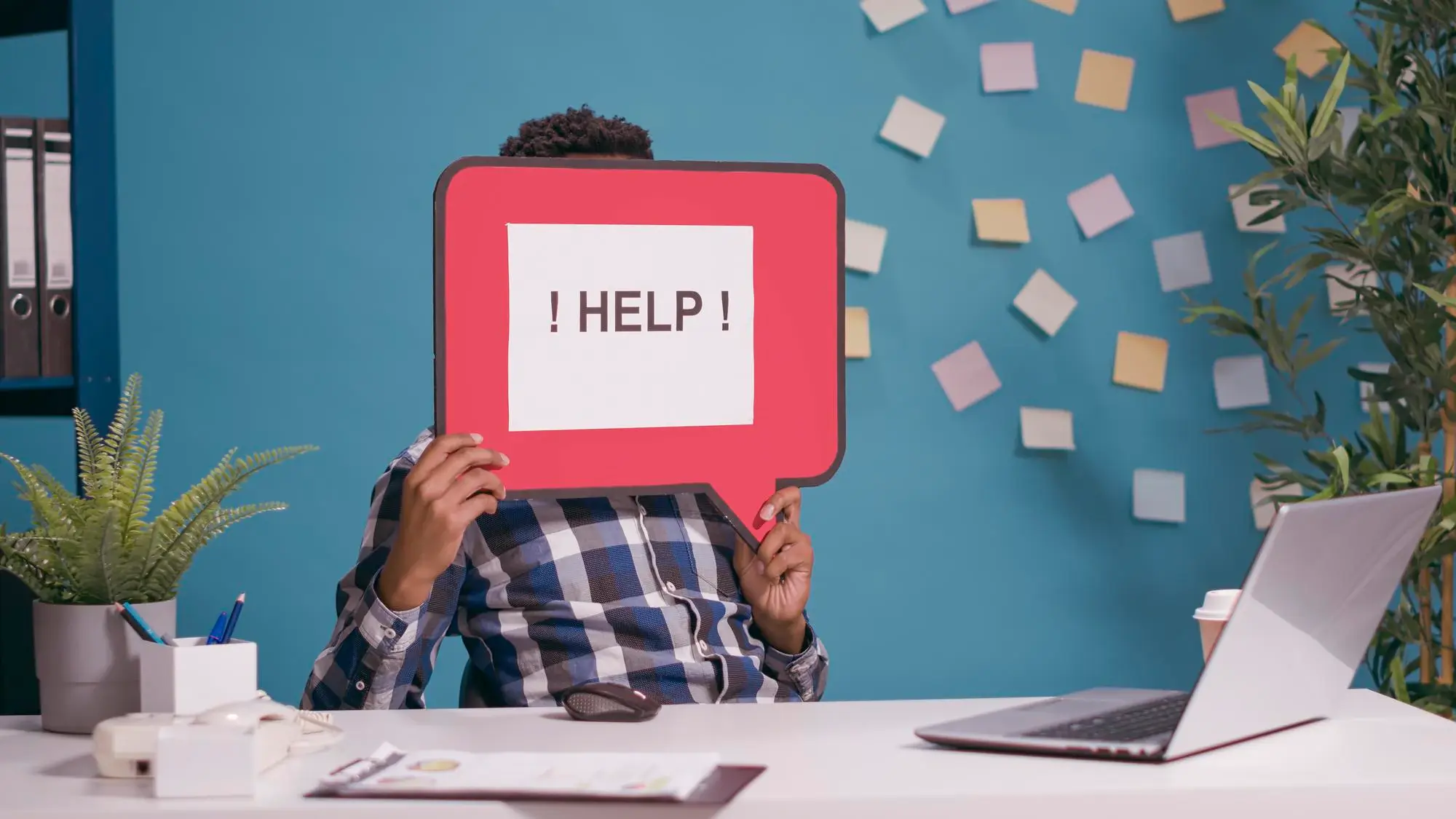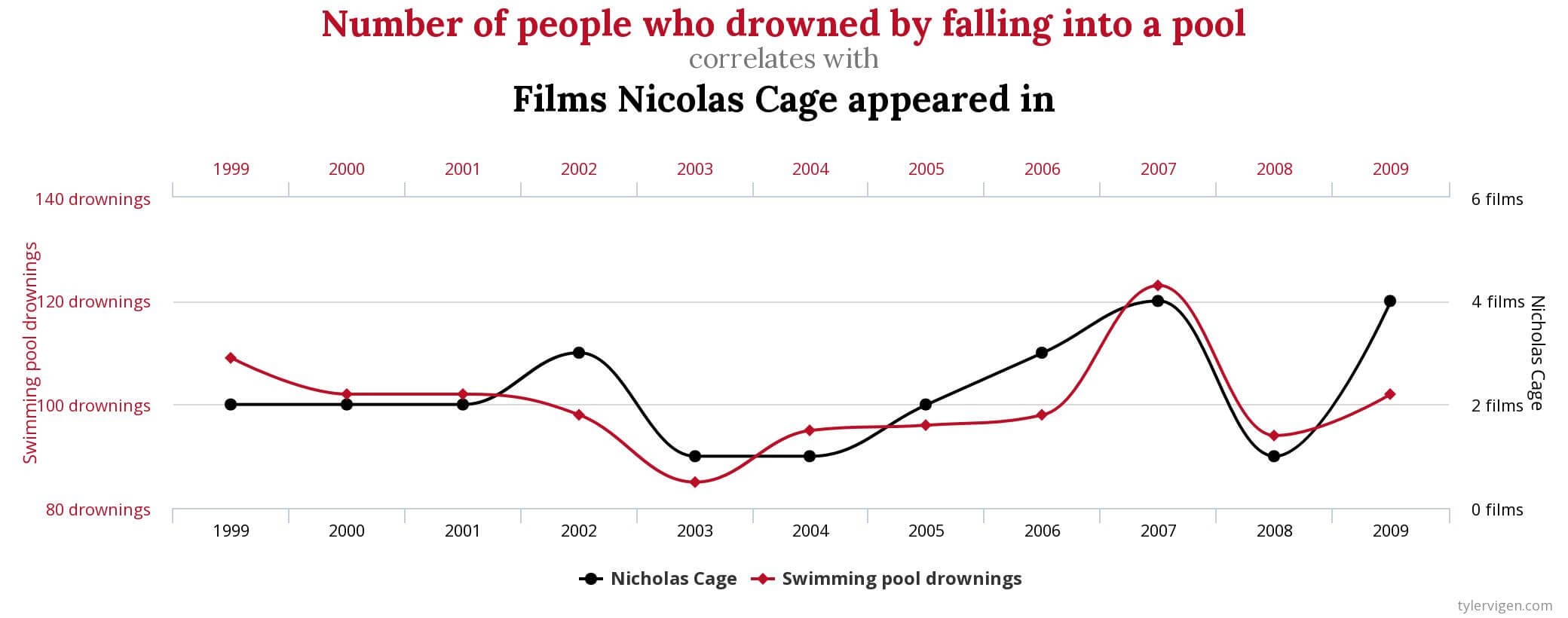There’s nothing quite like a Google core algorithm update when it comes to making or breaking your day.
But what actually happens during core updates?
Twice or thrice a year, Google releases core updates that implement broad changes to its search algorithms resulting in widely notable effects.
What Google means by “broad” is that they change many ranking factors at the same time. These updates not only change the way they look at link quality but they’re also accompanied by hundreds of micro-changes.
Google gives a great example that most accurately describes a core update:
One way to think of how a core update operates is to imagine you made a list of the top 100 movies in 2015. A few years later in 2019, you refresh the list. It’s going to naturally change. Some new and wonderful movies that never existed before will now be candidates for inclusion. You might also reassess some films and realize they deserved a higher place on the list than they had before.
This explains why some websites get totally destroyed by updates while others get a rocket launcher strapped to their backs, much like how you wouldn’t see Avengers Endgame on a list of the best movies in 2015, while it topped most lists in 2019.
Google, like every search engine, does not understand content like a human would. Its algorithms use key factors that help determine how your site ranks.
- Meaning
- Relevance
- Quality
- Usability
- Context
Think of core updates as refreshes
Core updates don’t just hit specific pages, they hit websites as a whole. So if you’ve been impacted by a core update, all of your pages will either go up in ranking or go down.
Unfortunately, since core updates are not automated, if you get hit badly by a core update you often need to wait until the next core update for a recovery.
This is because many of Google’s algorithms don’t run in real-time, so even if you immediately change everything on your website you may have to wait until the next core update to see any results of your changes.
Over the years content creators and SEO specialists have basically “tricked” the algorithm by using specific
- Keywords,
- HTML and SEO techniques,
- Sentence length and
- Word counts
But Google’s helpful content update promises to crash the party with an update that feels like less of a refresh and more of a hard reset.
Google’s goal is to guide its users toward more original and helpful content that is written by people, for people in search results. While that’s great news for the searcher it could mean the annihilation of your website.

What does Google want you to do?
Google’s advice is that you focus on people-first content and avoid creating content for search engines, hence the term Google Good Content. This is any content that is:
- Original and written by people, for people.
- Well researched and detailed.
- Helpful to the creator’s audience.
- Shows first-hand expert knowledge.
- Focuses on user satisfaction.
- Does not leave readers feeling like they need better information from other sources.
- Is not focused on using clickbait and over-optimization to drive traffic.
Yes, that’s not as actionable as some lists you see online that read something like:
- Use your keywords in only 3.5 to 5% of your content
- Make sure your content is at least 1000 words
- Include 3 to 4 outbound likes.
Lists like this are generated based on what has worked for a handful of content creators and definitely aren’t one size fits all.
Here’s what not to do
The worst thing you can do is compare websites in your portfolio with sites managed by friends and colleagues and apply changes based on which sites are performing better. This is a bad idea for myriad reasons, the chief of which is you don’t have enough data.
But that’s not all, even if you have enough data, and you proceed to create a correlation study or use someone else’s correlation study, correlation does not imply causation.
Here’s a graph comparing the number of people who drowned by falling into a pool with the number of films Nicolas Cage appears in.

Source: Tyler Vigen (2014) The number of people who drowned by falling into a swimming pool correlates with the number of films Nicolas Cage appeared in.
Obviously, Nicolas Cage needs to stop acting in movies… Right?
So what are you supposed to do?
As mentioned earlier core updates change multiple factors at the same time, which makes it impossible to figure out what you did wrong on your site. So, assume you did everything wrong and do a complete website audit.
By conducting a complete website audit you’ll fix misguided or poorly executed SEO strategies like keyword stuffing, duplicated content, and search-first content.
Google is constantly improving its algorithms to help users find helpful content. While SEO hacks and tricks may have worked in the past, this is the perfect time to refocus your SEO efforts on user-first and search-second tactics.
Are you ready to start your journey? Get a free SEO audit.

